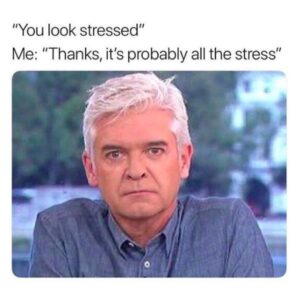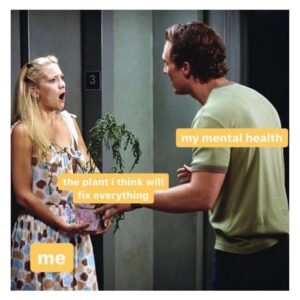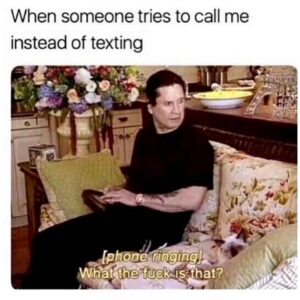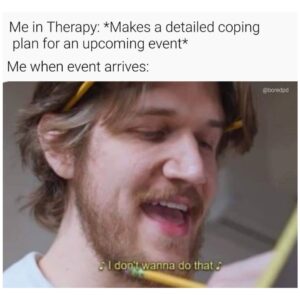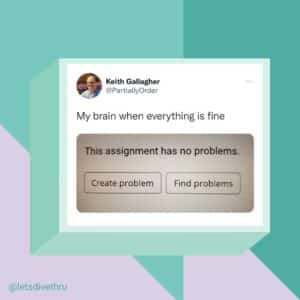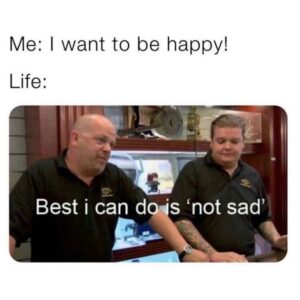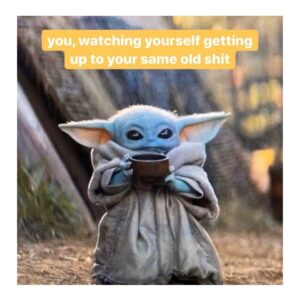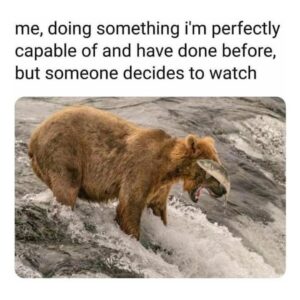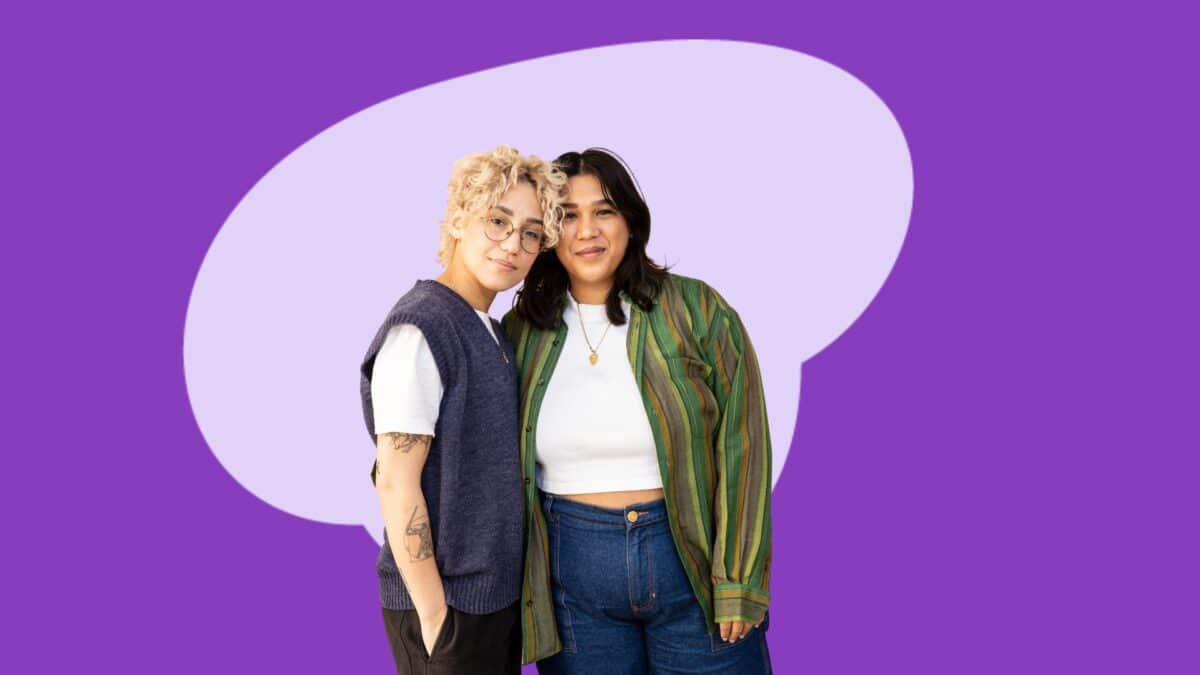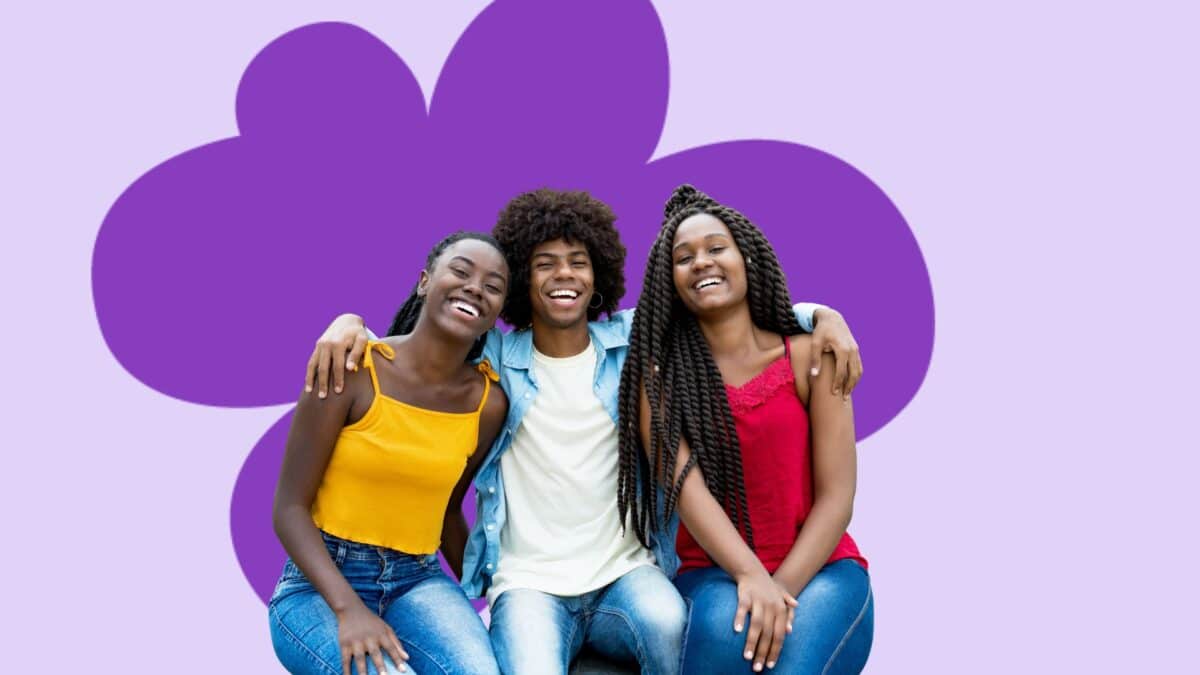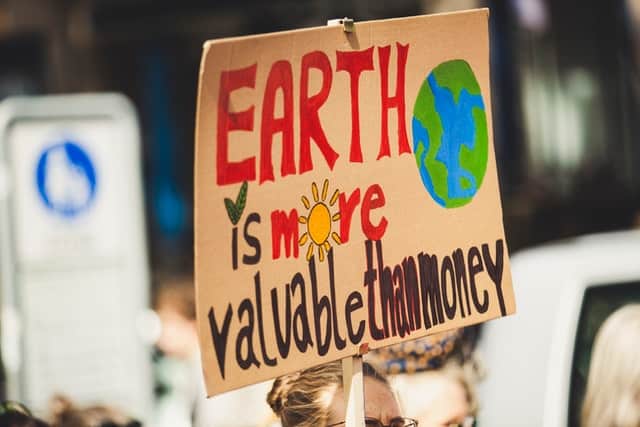Working in a gig economy isn’t exactly like working your typical 9-to-5 (move over, Dolly Parton!). When we say gigs, we’re talking about the independent contractors and freelancers who work on a part-time or temporary basis. Believe it or not, they kinda make the world go ‘round. That Airbnb host from your cozy cabin getaway? Gig worker. The photographer from your sister’s wedding? Gig worker. The Uber driver bringing you safely home after a wild night out? Yep. You guessed it!
Sooo, what’s the deal with gig economy jobs, anyway? Do freelance workers know some kind of secret the rest of us don’t? Like the key to work-life balance?! Let’s dive thru why some people might lean towards these types of jobs and how they impact mental health.
Why Some Rely on Gig Economy Jobs
First of all, why would someone choose a gig economy job over something that’s full-time, permanent, and ya know…more stable? Fair question. A lot of it depends on the kinda lifestyle you want, but some people simply don’t have another option. An alarming corporate trend is showing companies foregoing their permanent employees in favour of contract positions. In the U.S. and Canada, contractors aren’t as protected by employment laws, meaning employers save a ton of money because they don’t need to provide medical insurance, vacation pay, or sick days to their staff. It also means that they don’t have the responsibility of deducting taxes from pay, leaving a lot of contractors writing an I.O.U. to the government come tax time. We asked influencer marketing expert Lia Haberman, UCLA Extension, about this shift.
“Companies like Uber and Lyft have really benefited from gig work. For example, they’ve actively lobbied to prevent gig workers in California from being classified as employees so they can avoid paying them benefits. So it’s important to protect yourself and look for opportunities where your work is valued and you’re appropriately compensated for your time.”
Why Some Choose Gig Economy Jobs
For those who choose the gig life, the flexibility to set your own schedule — and the ability to pick and choose which jobs to take — is a big positive. Or, for someone with another full-time job, or in school working towards a degree, freelance work might help make ends meet.
Here’s what one of our DiveThru team members, Megan, shared about her personal experience as a freelancer:
“You need to be good at setting boundaries, otherwise it gets really easy for work to overtake your personal life. There’s not always reliable income, and income is not always the same amount month to month, which can make budgeting tricky. Freelancing, I feel, has had a positive impact on my mental health when it comes to setting boundaries for sure. When I first started freelancing, I was going to school full-time, working part-time AND freelancing, all while not really saying no to anything. I burned myself out pretty quickly and had to learn to set boundaries for myself and start saying no — a practice that has also carried over into my personal life.
Have I felt anxiety and stressed out over my freelance income? 100,000%! Always trying to make sure I was working enough hours, trying to figure out how much money to set aside for taxes, stressing whether I’d make enough if I lost a client…. But I definitely gravitate towards the freelance work structure myself. I like having the flexibility to choose my start and end times, and being able to book appointments during the day. I also work best when I am able to watch TV all day while I work, and most companies don’t allow that!”
Ok so clearly, working a gig economy job has its perks. And they’ve gotta be incredibly beneficial to your quality of life. Having the option to work from home and set your own hours?? That sounds like the best! But it also comes with its own set of mental health challenges that aren’t talked about enough.
How Working Gigs Can Affect Mental Health
Even though working as a freelancer seems like the perfect solution to earn some extra cash, it’s not always the easiest route. It might’ve looked SUPER glamorous, but Carrie Bradshaw really had to hustle to find a stable income as a writer. Abbi and Ilana were always picking up side jobs to supplement their income. Even Ms. Norbury went to a part-time gig at the mall after teaching Cady Heron and her mean-girl friends all day.
Gig economy jobs can come with a ton of stress and uncertainty that most people won’t understand until they’ve been there. We went straight to our in-house mental health professional, Natalie Asayag, for her thoughts on what the industry is doing to our mental health:
“A gig economy offers some benefits to its workers — flexibility, and a sense of autonomy and control over their schedule. For some, this can boost their quality of life, as they appreciate structuring their own days. Though, there are certainly major downsides.
Depending on the type of work, many feel anxious about reviews and payment from customers, as this is a precarious experience. Furthermore, many markets are oversaturated, leaving workers stressed about finding enough gigs to pay their living expenses. More specifically, individuals in the freelance realm can find it challenging to draw boundaries with their work, feel a strong sense of uncertainty regarding the availability of work and struggle with time management when left to structure their own schedules.”
So despite having a flexible schedule, and the freedom to choose which gigs are worth taking, the burnout from gig economy jobs is reaaal. Some people might start to overwork themselves to make sure they get the next paycheque…or out of fear of losing work. The lack of stability can create anxiety and start to seep into other areas of your life. You might struggle to enjoy your downtime — or turn your brain on ‘rest mode’ — when you aren’t working, since all you can think about is when your next gig will come.
Gig Economy Pros and Cons
Like any job, working gigs comes with pros and cons. The ability to choose when you work, and which jobs you wanna take, could be reeeaaally helpful for your mental health. The same could be said about creative freedom and being in control of the direction of your projects. Having the same schedule everyday might not be suited for you or your lifestyle so this variety in work could be PERFECT for you!
On the flip side, the instability that comes with freelance and contract work does get pretty overwhelming sometimes. You might have to consider how inconsistent work would impact your family. You might have to think about higher personal expenses and/or no benefits. Taxes are another thing that freelancers have to worry about which can be the. absolute. worst! All of that, combined with the isolation that sometimes crops up from working alone, takes a toll on the mental health of gig economy workers.
How to Care for Your Mental Health
Checking in with how your work is impacting your mental health is SUPER important, no matter what type of job you have! Not sure how to handle your work stress? Don’t worry, we gotchu. Here some quick tips for managing stress as a gig worker or freelancer:
1. Learn to Say No
Say it loud and say it proud — “NO, I can’t take on the extra work.” “NO, I’m too busy for that right now.” “NO, I’m not interested in that type of work.” It gets easier with practice, we promise!
2. Know Your Stressors
Remember, stress overtime can lead to major burnout. So know your stressors — like an impending deadline — and prepare for them ahead of time! You’ll thank yourself later.
3. Take Breaks
From now on, your breaks are MANDATORY, you got that?? After you practice some self-care and enjoy your free time, you’ll show up for work feeling rested, inspired and ready to go.
4. Choose Work You Enjoy
You’re in control of your schedule here, so choose work that you actually enjoy doing. What a concept, right? Choosing work that you’re excited about helps balance out those not-so-fun gigs you take on for extra cash. Go have some fun!
5. Be Kind to Yourself
We’re always our own worst critic. So it’s no surprise how hard we can be on ourselves when we’re literally our own boss! Remind yourself that you’re only ONE person (who’s doing their damn best). That’s enough.
No matter what gig economy job — or jobs — you decide to take and how you wanna manage your work-life balance, ultimately the choice is all yours, baby! There’s no one-size-fits-all solution that works for everyone (but it would be a loooot simpler if that were the case). So don’t feel like you have to compare your situation to someone else’s. You’ll figure out what’s best for you, ‘cause nobody knows you better than yourself. Btw, we’re rooting for you always!




